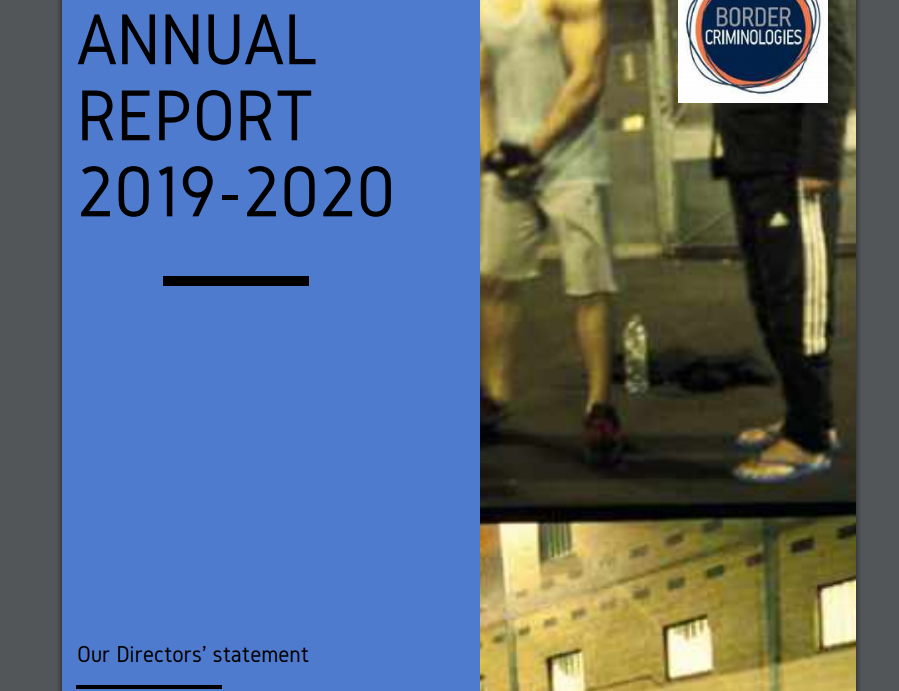
Universities, where many of us work, have also been adversely affected. Not only have we all had to move our teaching online, often with minimal assistance and support, but the sector, which had increasingly depended on overseas student fees and precarious labour is heading for financial catastrophe. Or at least that is what we are being told. In Australia institutions have already begun laying people off. In the UK, too, it is coming. The US threatened to strip lawful status from international students at institutions that chose to teach online, throwing into chaos immediate institutional planning and its future attractiveness to international students. At the time of writing, ICE has just published new rules banning new international students from taking up university offers under these conditions.
More generally, the pandemic has brought most applied research to a grinding halt, as those of us who do fieldwork or rely on archives have been unable to leave the house. For people managing caring responsibilities at home, particularly if we have had to take over the education of our children, the prospect of thinking and writing has been vanishingly small.
As evidence mounts of the inequities in health outcomes, and their connection to familiar patterns of racialized injustice, how to understand the pandemic and its impact on migration has been illuminated by the global movement of Black Lives Matter and, in the UK academy at least, by the ‘Rhodes Must Fall’ campaign. In the intersections between these areas we see formidable challenges yet also important opportunities for developing scholarship and activism around border control. The Black Lives Matter movement’s spotlight on the institutions and histories of policing resonates with the literature and advocacy around border control and interior enforcement.
The deployment of immigration enforcement agents against BLM protestors in U.S. cities draws that connection more clearly. In a recent article in the The Guardian newspaper the ties between border control and internal policing, which Border Criminology scholars have described in academic research and on the blog and which communities of colour have experienced for years, were brought to mainstream attention. As the title of the opinion piece put in, in an account of the violent crackdown in Portland of recent Black Lives Matter protests: ‘These officers used to terrorise immigrants. Now they go after US citizens.’
More positively, a number of countries around the world, including the UK, but also Spain and Portugal, for example, have all but emptied their immigration detention centres. Although such moves have been presented by governments as a (temporary) response to the public health emergency, they have occurred within a context of increased public unease over the treatment of detainees, that increasingly acknowledges the claims some have based on longstanding historical ties. In the UK, concerns over the treatment of members of the ‘Windrush generation’ lead to legal activism and policy change, which not only paused charter flights to Jamaica but elsewhere too, and which lead to a significant reduction in the detained population well before COVID.
One of the challenges of the current historical moment, as Les Back observed in his 2019 lecture ‘Hope’s Work’, is how to maintain hope when the world looks so grim. In many respects, this is a challenge that has always underpinned Border Criminologies. One answer, as Back puts it: “is to foster deep but open attentiveness to the nature of social damage, but also the emergent forces that oppose it.” To do so, requires collaborative, interdisciplinary work, as well as time and space to think and write.
It’s been a tough year, and there is no clear end currently in sight. We hope that Border Criminologies can continue to offer a welcoming and informative platform. As we set out below, we have had a busy year, and have exciting plans with new colleagues for the next one. We have refreshed our website, to allow a greater number of projects to be listed and also to make it easier to be linked to other websites.
The core team is growing along with a new international editorial board. In November we welcomed Katja Franko as an Associate Director, and Juliet Stumpf as a co-Director. In January we welcomed back Ana Aliverti and Rimple Mehta, who have been joined more recently still by Francesca Esposito, Darshan Vigneswaran and Devyani Prabhat in new Associate Director roles. Claudia McHardy has taken over as Book Review Editor, in which she is ably supported by Samuel Singler and Bill de la Rosa.
There have also been some departures, as Gabriella Sanchez, Vanessa Barker and Peter Mancina have moved onto other roles elsewhere. We would like to thank them for all their work over the last few years. A special thanks also goes to Sanja Milivojevic, who took over as Managing Editor while Andriani Fili was on maternity leave. Sanja is a source of immense energy and inspired us to reorganize and reimagine some key aspects of the organization which, we hope, will help widen our impact and engagement.
For now, however, it’s time for everyone to take a bit of a break. As normal, we will close the blog for much of August. We look forward to more activities, and engagement in September. See you then!
Mary Bosworth and Juliet Stumpf
Read our Annual report here.
Keywords:
Share:








